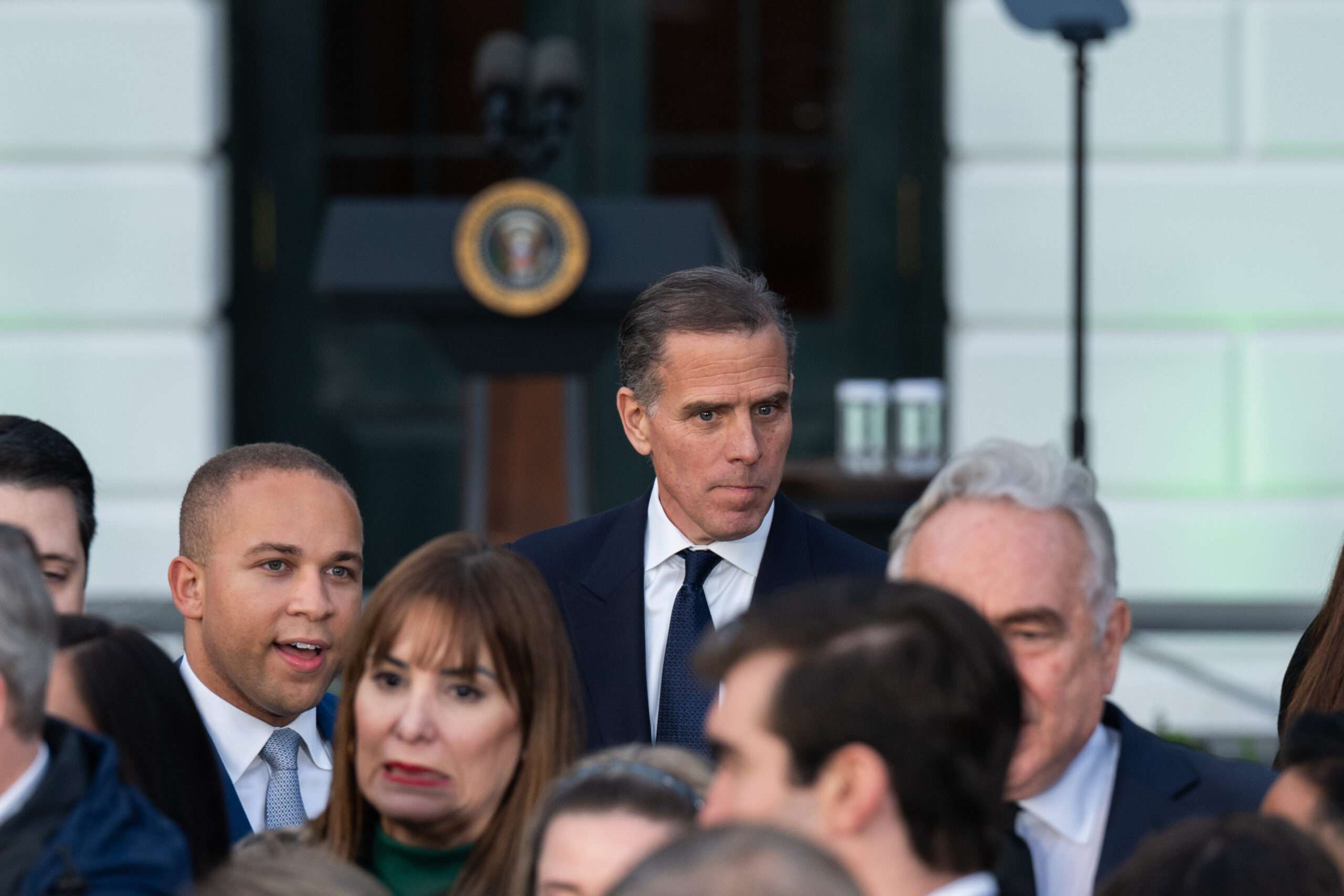Joe Grants Clemency to Hunter
In a highly controversial move, President Joe Biden has issued a sweeping pardon for his son, Hunter Biden, covering all alleged offenses from January 1, 2014, to the present. This “full and unconditional” pardon includes protection from charges related to tax fraud, the possession of a firearm while addicted to drugs, and future inquiries into alleged influence peddling connected to foreign business dealings. Biden’s justification for the pardon rests on the claim that Hunter has been unfairly targeted due to his familial connection to the president, a statement that has been met with skepticism, particularly regarding tax fraud allegations that are not typically the focus of political motivations. This decision appears to contradict Biden’s earlier campaign promises, where he explicitly rejected the idea of offering a pardon for his son and committed to upholding the judicial process.
Critics of the pardon have emerged from both sides of the political spectrum, emphasizing its potential to undermine the integrity of presidential powers. Notably, Colorado Governor Jared Polis expressed disappointment over Biden’s prioritization of family over national interest, suggesting that this precedent may pave the way for future abuses of executive power by subsequent administrations. Other commentators have labeled Biden as “selfish” in his motivations, while some liberal voices urge for constitutional amendments to restrict presidential pardon powers, criticizing the action as an overreach that threatens to tarnish Biden’s legacy and credibility.
Meanwhile, in a politically charged environment, Biden’s pardon has provided Republicans with another opportunity to attack the administration. Critics have been quick to label the pardon as emblematic of broader issues within the Biden presidency, using it as a focal point to argue that the government runs in the interests of powerful families rather than common citizens. This criticism is part of a larger narrative seeking to frame Hunter Biden’s legal troubles as indicative of corruption and elitism within Democratic circles, potentially hindering Biden’s standing ahead of future electoral contests.
In parallel political developments, former President Donald Trump has nominated Kash Patel, a staunch supporter and key figure in the 2016 campaign, to lead the Federal Bureau of Investigation (FBI). Patel’s long history of involvement in controversial intelligence matters, particularly his role in discrediting the FBI’s investigation into the Trump campaign’s ties to Russia, positions him as a polarizing figure. His nomination has drawn ire from critics who view him as embodying the politicization of the FBI, raising alarms about his intentions to pursue an agenda that could jeopardize the integrity of law enforcement.
Patel’s outspoken skepticism towards the current FBI’s scope raises critical questions about governance and oversight. He has proposed a significant restructuring of the agency, suggesting that it should shift its focus from intelligence gathering to direct policing. While some view this approach as a necessary corrective to the FBI’s expansive mission, there are deep concerns regarding the implications of empowering a director who might misuse authority against political opponents. This sentiment further complicates the political landscape, suggesting that Patel’s leadership could lead to more aggressive actions against dissenters.
The ongoing discourse surrounding Biden’s pardon and Trump’s FBI nomination contributes to a broader narrative about the state of American democracy, where concerns over accountability at the highest levels intersect with the persistent issues of political partisanship and governance. As discussions continue over the implications of presidential powers and law enforcement autonomy, the repercussions of these actions are likely to extend into the electoral arena, shaping public perception and policy debates in the coming years. In summary, Biden’s actions have raised critical questions about equity in the justice system and the influence of political lineage, while Trump’s potential FBI leadership poses risks concerning the impartiality and function of federal law enforcement.
Share this content:












Post Comment